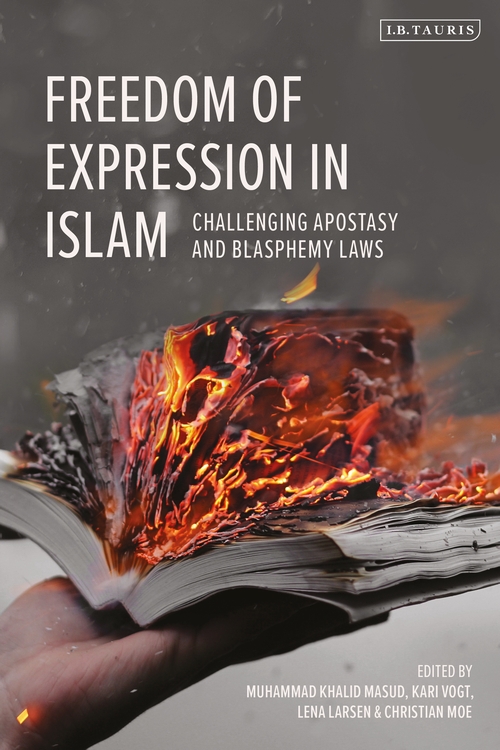
“Toward Removing the Punishment of Apostasy in Islam”, in Muhammad Khalid Masud, Kari Vogt, Lena Larsen, and Christian Moe (editors). Freedom of Expression in Islam: Challenging Apostasy and Blasphemy Laws. London: I.B. Tauris, March 2021. p. 207-236.
Abstract
‘Freedom of religion’ is a strong principle in the Qur’an and the practical Tradition of the Prophet. The Qur’an is very clear in its negation of force and coercion in the matter of religion and belief. The Qur’an neither mentions nor prescribes any temporal punishment for apostasy. No one during the time of the Prophet was killed solely for apostasy (i.e., change of religion).
Restricting the punishments for apostasy in the framework of traditional ijtihad is associable through three approaches: 1) The suspension of the hudūd in the time of absence of the Prophet (or Shi’ite Imams) leading to death or injury; 2) The suspension of executions for apostasy on the grounds that they impair the visage of Islam, under the rubric of secondary injunction; 3) Narrowing the situational context of the ruling on apostasy, and making it extremely difficult and rare.
Abolishing all types of temporal punishments for apostasy based on constructional ijtihād, (ijtihād in principles and foundations) is possible through at least four formula: 1) Acknowledgement of the alteration of the subject and context, from changing one’s religion in conjunction with carrying out public and political propaganda as a belligerent to solely ‘changing one’s religion’; 2) The invalidity of akhbār al-haād in matters of critical importance such as the life of a human being; 3) The invalidity of hadiths that run counter to Qur’anic dictates; 4) The abrogation of the punishments for apostasy because of wahn, or ‘impairing’ Islam, as a primary injunction.

